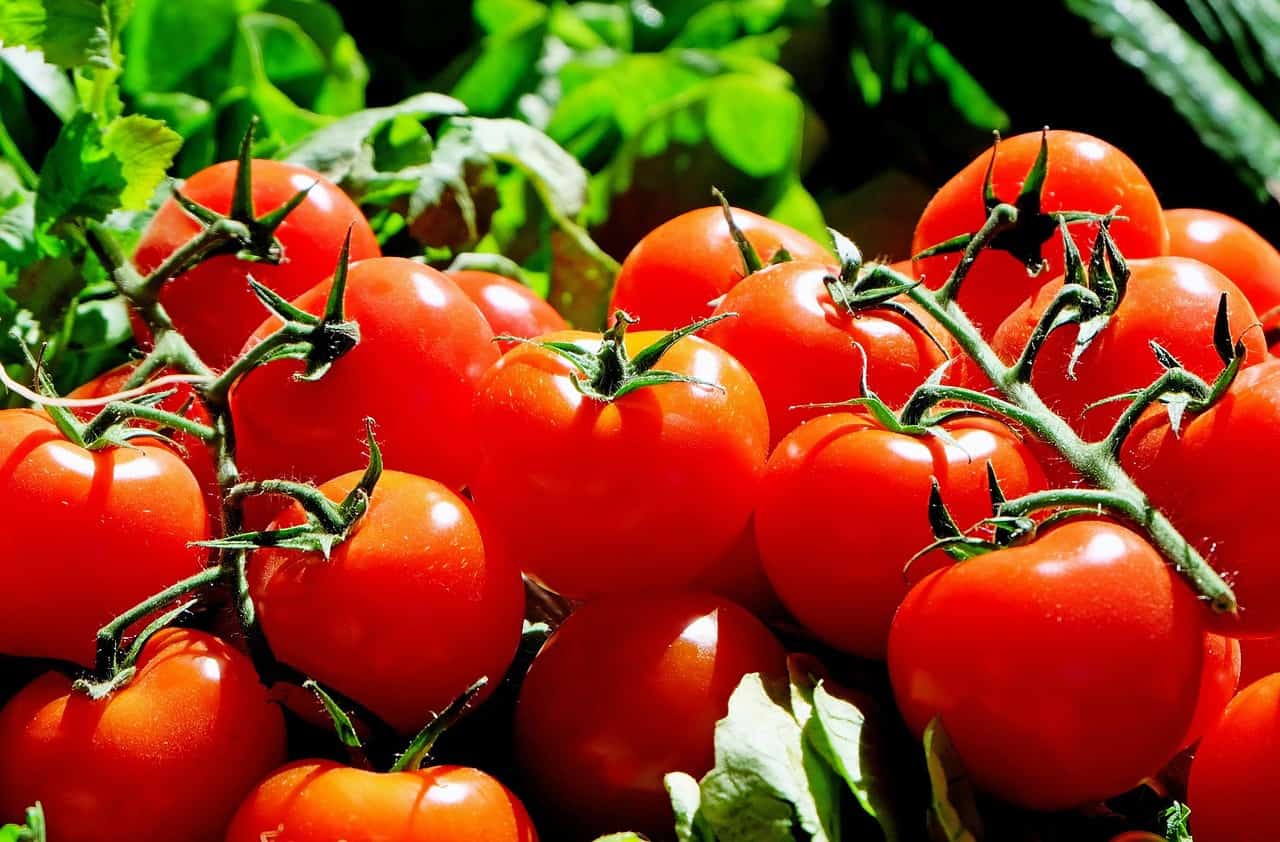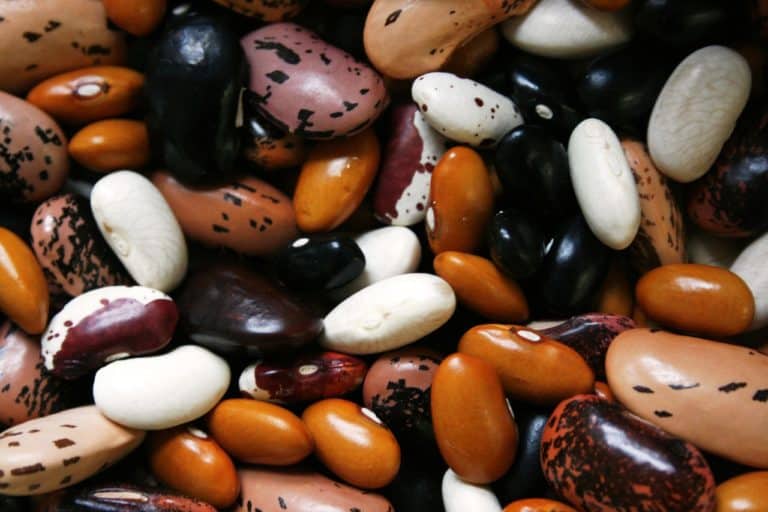Tomatoes are among the most commonly consumed vegetables (technically they are fruit), but are you aware that they possess a variety of important advantages? Cooked or raw, sliced or juiced, you may want to consider tomatoes for health and antiaging benefits.
Tomatoes can help fight aging
Tomatoes have been shown to help fight aging in an unexpected way: by reducing sun damage and thus helping to prevent wrinkles. At the University of Manchester, an investigative team evaluated the skin of 20 female volunteers (ages 21 to 47) who were randomly assigned to consume either 55 grams of tomato paste along with 10 grams of olive oil or the olive oil alone for 12 weeks along with their normal diet.
All the volunteers were exposed to ultraviolet (UV) rays at the start and end of the study, and the researchers found that the participants who consumed both tomato paste and olive oil had 33 percent more protection against sun damage to the skin than did those who consumed olive oil only. This difference appeared to be due to two factors.
One factor was an increase in the level of procollagen, a type of protein in the skin. A loss of procollagen is associated with a lack of elasticity and skin aging. The other factor was the presence of less damage to the mitochondria DNA in the skin among those who consumed tomato paste.
The benefits observed in this study are believed to be due to lycopene, a potent antioxidant found in tomatoes. Each 55 grams of tomato paste that the volunteers ate contained 16 mg of lycopene. The authors concluded that “tomato paste containing lycopene provides protection against acute and potentially longer-term aspects of photodamage.”
Tomatoes improve cardiovascular health
The antioxidant powers of tomatoes also appear to help with matters of the heart and brain. A 2012 study published in Experimental and Therapeutic Medicine reported on tomato consumption and its impact on cardiovascular health. Every 39 seconds, one person in the United States dies of cardiovascular disease, which is the number one killer of Americans, according to the American Heart Association.
In this study, the scientists pointed out that there are many compounds in tomatoes that have an ability to prevent the aggregation or clumping of platelets (blood components involved with clotting) and to protect endothelial cells, critical features in preventing stroke, heart attacks, and other cardiovascular problems. They concluded that “tomato consumption promotes cardiovascular health through its role in platelet anti-aggregation activity and its endothelium-protective effects.”
Tomatoes help with prostate health
The lycopene in tomatoes, as well as processed tomato products such as tomato paste, tomato sauce, and tomato juice, are the focus of most of the research on tomatoes and prostate cancer. One example comes from a 2009 study in which the authors reported that “there is accumulating evidence to support the consumption of lycopene, in particular tomato and tomato-based products, as protective factors against prostate cancer.” A University of California, Los Angeles study in mice, however, did not entire come to the same conclusions, as the authors noted they found that lycopene supplementation, but not tomato paste, resulted in a significantly reduced risk of prostate cancer.
A subsequent study at the University of Illinois reported that lycopene was effective in inhibiting the spread of human prostate cancer cells in a laboratory. In a German article reviewing tomatoes and lycopene in the prevention of prostate disease, the authors commented that “the consumption of tomatoes and tomato products may probably protect from PCA [prostate cancer]–at least when considering low-grade PCA.” They also noted another possible benefit: “Tomato products might also be useful in the therapy for BPH,” or enlarged prostate.
Tomatoes and other men’s health benefits
In addition to lycopene, tomatoes are also a source of other antioxidants, including vitamins A and C, as well as fiber and potassium. In fact, one cup of raw tomatoes provide 38.1% of an adult’s Daily Value of vitamin C, 30% of vitamin A, 17.8% of vitamin K, 12.2% of potassium, and 8.6% of fiber, and all for a mere 32 calories.
Tomatoes and tomato products are a healthful addition to your diet, so eat them as often as possible. One caveat concerns canned tomato products. The chemical bisphenol A (BPA) is an endocrine (hormone) disruptor that is found in the lining of some food cans. High concentrations of BPA have been found in cans that contain acidic foods such as tomatoes, so if you purchase canned tomato products, look for BPA-free cans or choose items packed in glass or other containers that are certified BPA-free.
References
Ellinger S et al. Tomatoes and lycopene in prevention and therapy–is there an evidence for prostate diseases? Aktuelle Urol 2009 Jan; 40(1): 37-43
Ford NA et al. Lycopene and apo-12′-lycopenal reduce cell proliferation and alter cell cycle progression in human prostate cancer cells. Nutrition and Cancer 2011; 63(2): 256-63
Konijeti R et al. Chemoprevention of prostate cancer with lycopene in the TRAMP model. Prostate 2010 Oct 1; 70(140: 1547-54
Palomo I et al. Platelets and atherogenesis: platelet anti-aggregation activity and endothelial protection from tomatoes (Solanum lycopersicum L). Experimental and Therapeutic Medicine 2012 Apr; 3(4): 577-84
Rizwan M et al. Tomato paste rich in lycopene protects against cutaneous photodamage in humans in vivo: a randomized controlled trial. British Journal of Dermatology 2011 Jan; 164(1): 154-62







